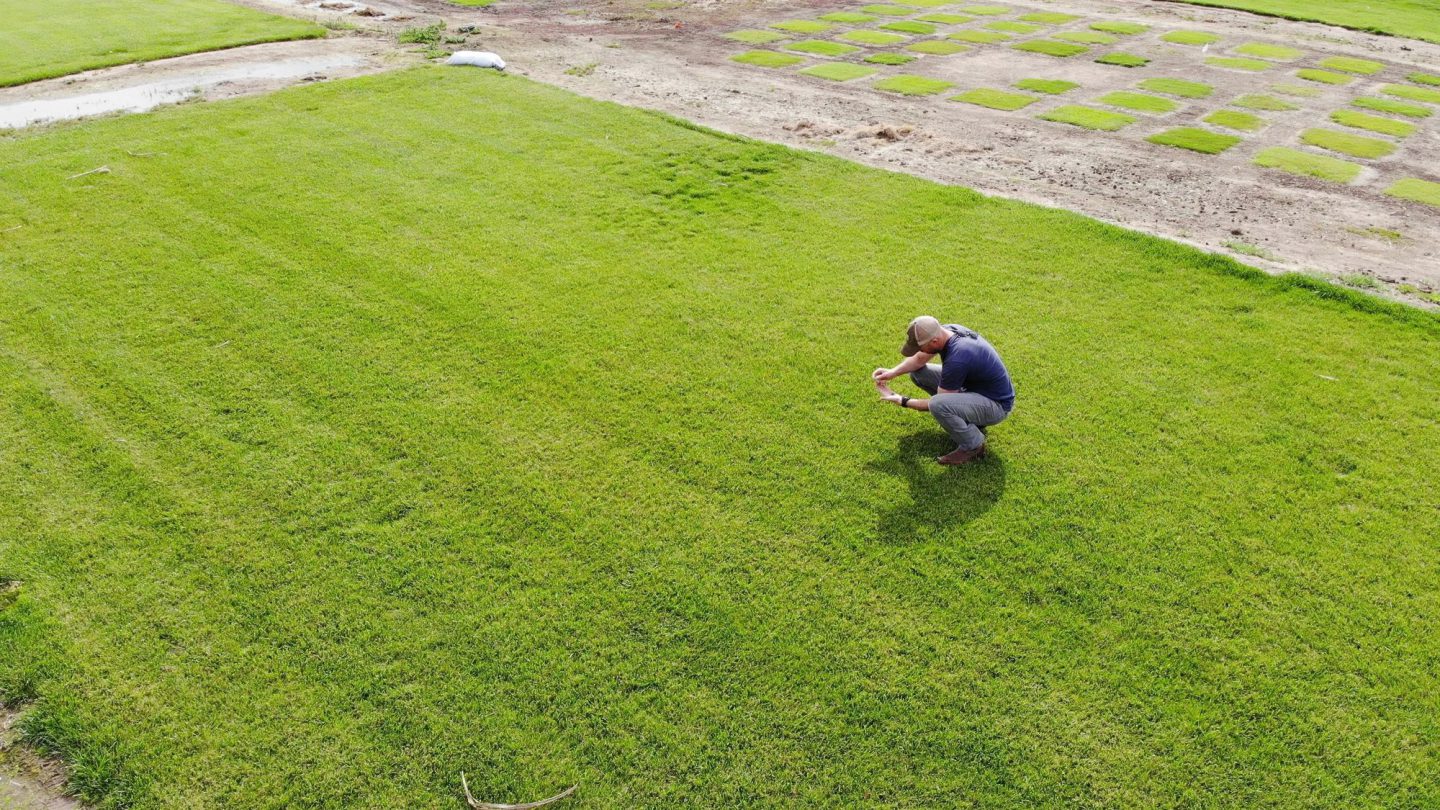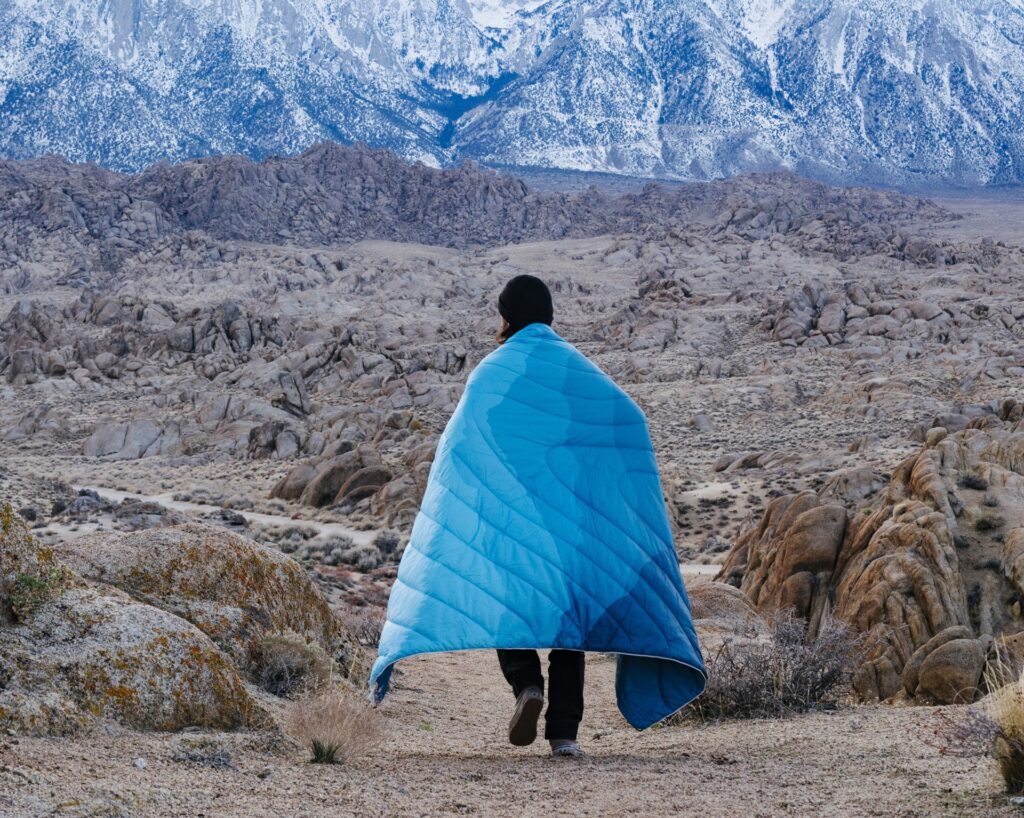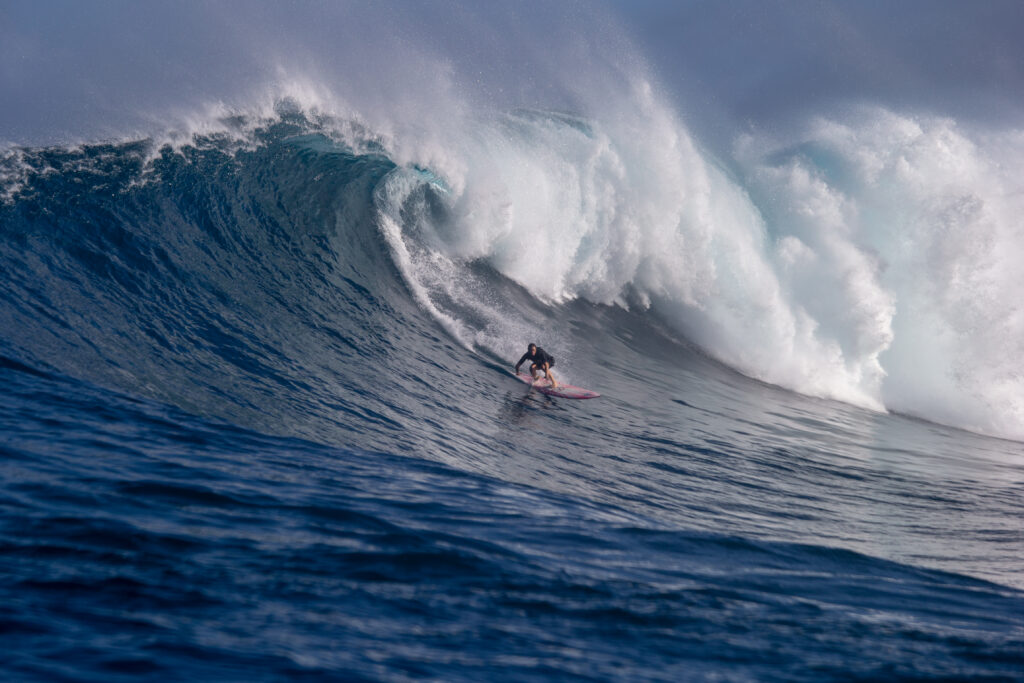We sat down with Jared Criscuolo, the San Diego based founder of Upcycle Active Fertilizer to learn what it means to be “Active”
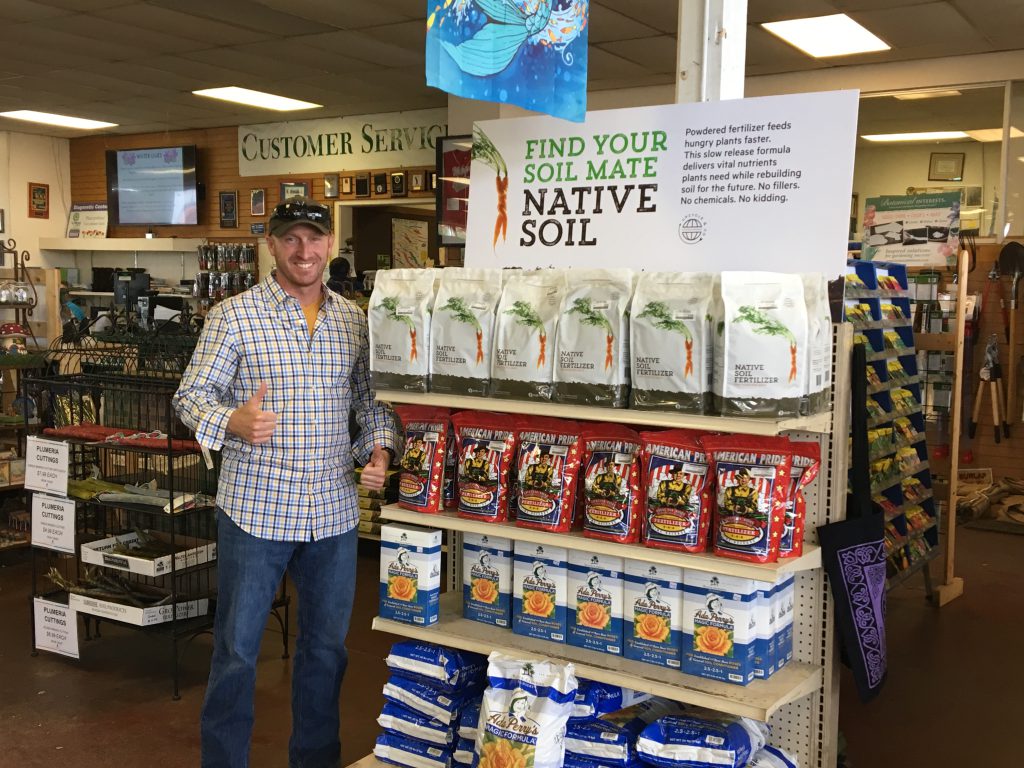
We’re huge fans of Upcycle here at Outpost. For the uninitiated, can you give us a brief rundown of what Upcycle is, the goals of the initiative, and who it serves?
Thanks , likewise with everything you’ve done with Outpost.
Upcycle helps improve soil by combining three key things – improving the soil microbiome (rhizosphere), building healthier soil, and fertilizing plants. The three are synergistic and need to be managed as a complete system. The fertilizer industry and more specifically agronomy (study of soil management and crop/plant production) currently treats them as separate, and often disconnected.
Our goal is to fix the global crop/plant production system that causes significant environmental pollution, waste of water, is highly susceptible to climate change, and functions on chemical dependency/interdependency between fertilizer and chemical products.
Can you explain exactly what Active Fertilizer is?
Upcycle Active Fertilizer feeds soil microbes while delivering the elements in soil amendments and fertilizer to plants. These microbes are the puppeteer of the plant, they govern everything from helping the plant be drought and heat resistant to fighting off diseases and funguses, to reducing harmful salts and metals in the soil, to boosting the plants immune system, to feeding plants. It effectively delivers the benefits of 5 different products in one, and is applied with industry standard equipment.
What gave you the inspiration to begin Upcycle?
I got sick surfing in 2006 when I first moved to California (first time I experienced heavy water pollution and the consequences of it). I’d been looking for some purpose and direction, and this experience provided a push in the right direction. I learned about how pervasive and dangerous water pollution is, its causes, and risks to society through the Surfrider Foundation. I started on a path that led to co-founding a water based non profit, then a consulting business working with wastewater agencies, and that led to Upcycle.
So for me, my career has been defined by developing businesses to understand and provide potentially industry changing solutions to pollution.
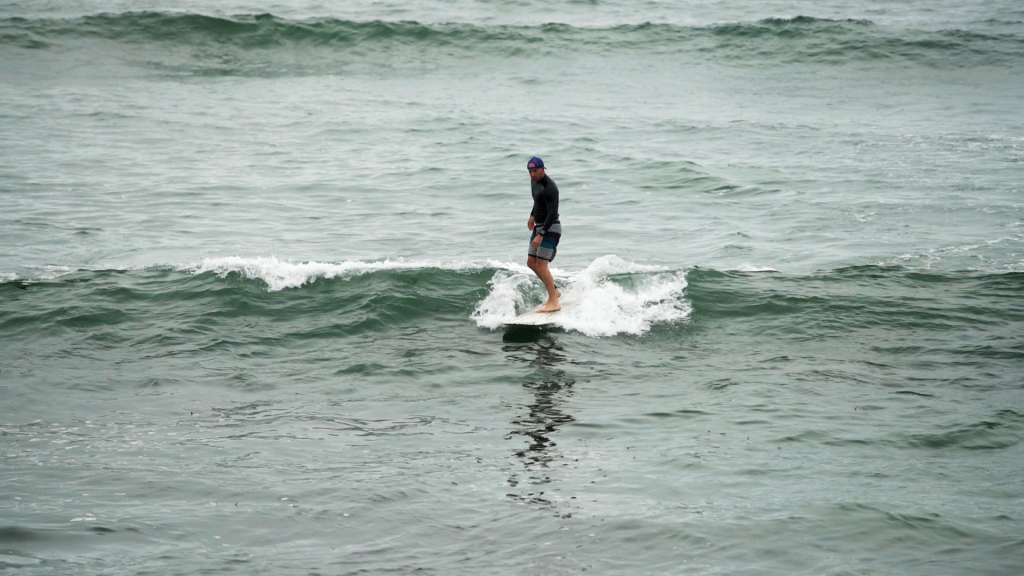
I got sick surfing in 2006 when I first moved to California (first time I experienced heavy water pollution and the consequences of it). I’d been looking for some purpose and direction, and this experience provided a push in the right direction.
What were some of the initial challenges with getting it off the ground?
Same as any business – starting a company is inspiring at the onset. You have a great vision, you get people fired up and have the benefit of no track record so it all seems feasible.
For us, finding our ideal customer and therefore customer profile took about 5 years. Additionally, we knew we had a great product that worked but struggled to understand why. We were mono-disciplinary in our focus (just nutrients) and needed to be multidisciplinary (nutrients, + soil health + microbiology + biological ecology). The beauty of this is its fostered an ethos of learning and not accepting anything as an absolute or terminal understanding.
Funding has remained a challenge, as the soil inputs space is not a high priority for tech investors or VCs as it does not follow the same economic or product development models. Given that is where a great deal of wealth has been generated over the past 25-30 years, that way of thinking and the notion of operational efficiency through “disruption” is the zeitgeist. We are about improving inputs and using less materials over time. Fundamentally and from a value proposition and financial model we think about business very differently. Rather than completely upend the system, we see ourselves becoming an integral part of all fertilizer technology, improving on the status quo so both the incumbent companies and startups can help landscapers and farmers improve their output/yield.
To quote the first part of Warren Buffet’s observation – in a rising tide all boats float.
What’s next for Upcycle in both the short and long term?
We continue to expand our footprint with landscapers, commercial property managers, and tech clusters (tech mega campuses, universities, HOA’s and the cities that host them). We have begun work in Agriculture and aspire to support different crops, and replicate our business model globally.
The sustainability community in Southern California must be a pretty tight knit circle! Who are some of the other folks who you work with that are doing some of the same good work that you are?
It’s a developing ecosystem, and really depends on how you define it. I would posit the line is whether a company is creating a consumable and continuing to consume or is there a clear end of lifecycle where the raw material is returned to the earth. A few that stand out to me are
Patagonia For all the known and obvious reasons (ventura based). Patagonia pioneered recycling plastic bottles and converting the materials into fibers to make their clothing. They were pioneers in maternity leave, and set up a daycare and educational program that have put their employees’ kids 2-3 grade levels ahead of their contemporaries. They actively invest time and money in making sure their Southeast Asian manufacturers provide safe working conditions and competitive pay for their employees. They have a lifetime guarantee and exchange policy on their clothing. And they charge what they should charge to pay for this. And people pay for it.
Smartcover Systems (Escondido/San Diego) tech to prevent sewer spills. A simple tech innovation in understanding the hydrology and physics of a sewerage spill. Greg and David the founders built a technology that when deployed eliminates sewer spills. There are significant financial implications for a sewer spill (repairs, EPA fines, cleanup costs) all of which come back to the ratepayer. Plus sewage ends up flowing into rivers, creeks, canyons, lagoons and beaches.
Opolis Optics Venice Beach (compostable and water bottle based designer eyewear). James Merrill (founder) is a former USAID contractor who wanted to create a business that protected the environment by reusing the plastic waste he observed in SE Asia and the Middle East, and give people jobs and hope beyond fundamentalism/radicalization. So he created Opolis’s Stok’d Plastic which is 100% recycled plastic bottles molded into stylish hip sunglasses with a very socal vibe to the brand. They also created a fully compostable version that breaks down in 150 days. Brilliant closed loop system
Give yourself a magic wand – you’ve achieved success beyond your wildest dreams. In 10 years, what’s Upcycle’s impact on the world?
Core tech in all fertilizer consumed in the world. That means every time fertilizer is applied we’re making incremental progress toward repairing soil, boosting microbe health and improving food quality for all people
